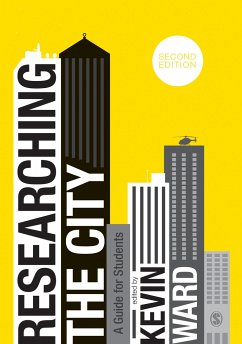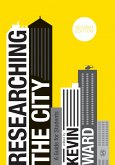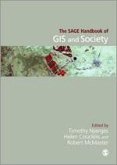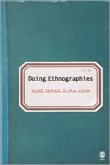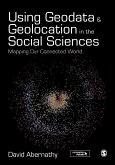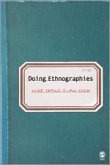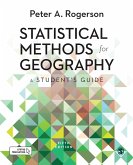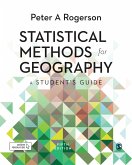This practical guide for students focuses on the city and on the different ways to research it. The authors explain how urban studies research is done, from the original idea to design and implementation, through to writing up and representation. Substantive chapters explain each method in detail, from using archival methods, interviews, ethnography, questionnaires, discourse analysis and diaries, to using GIS and visual methods.
This second edition offers:
· A thorough introduction to the research process
· Revised and updated discussions of foundational methods
· A new chapter on sensory methods
· A new chapter on social media as an object or a method of studying the city.
With real world examples throughout and guided further reading for each chapter, it is an inspiring guide for students carrying out their own research in urban geography, urban planning, urbansociology and urban studies.
This second edition offers:
· A thorough introduction to the research process
· Revised and updated discussions of foundational methods
· A new chapter on sensory methods
· A new chapter on social media as an object or a method of studying the city.
With real world examples throughout and guided further reading for each chapter, it is an inspiring guide for students carrying out their own research in urban geography, urban planning, urbansociology and urban studies.
My copy of Researching the City is well worn and rarely sits still. As with all of the most valuable texts for teaching, it shuttles frequently between a shelf in my office and the hands of urban geography students who find it to be a highly accessible and useful guide.
Dr Tim Bunnell, Professor of Geography, National University of Singapore
Dr Tim Bunnell 20190918
Dr Tim Bunnell, Professor of Geography, National University of Singapore
Dr Tim Bunnell 20190918

